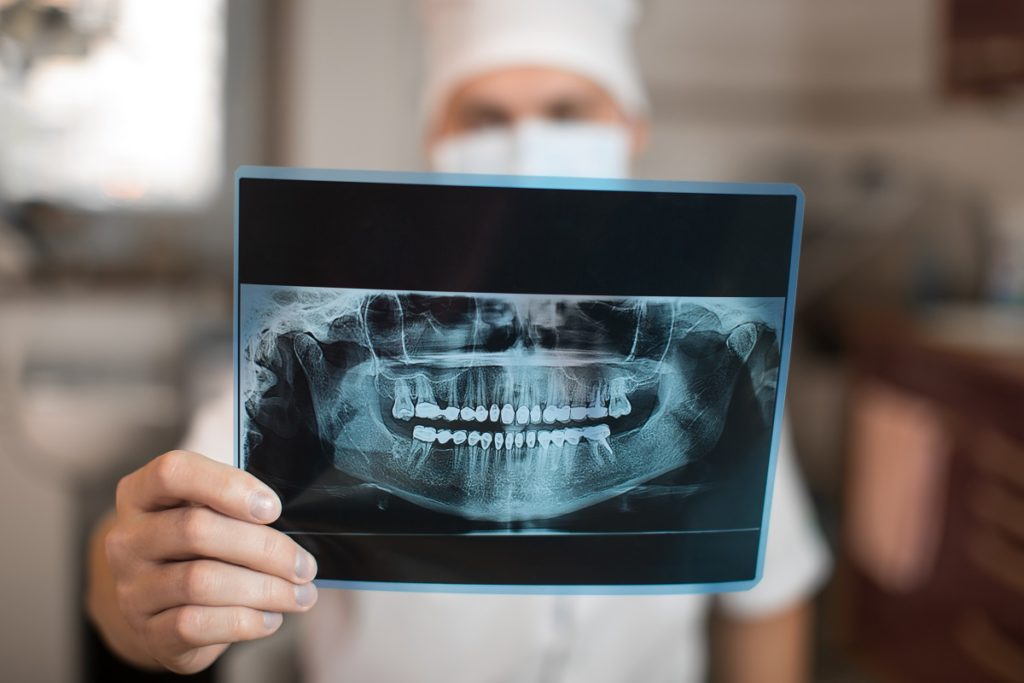Many people who smoke worry about the effects it might have on their health in general; and be especially concerned about conditions like lung cancer and heart disease. However, the teeth are often last on the list of concerns on the part of a smoker – and this is a mistake.
Smoking can not only make the teeth look terrible, but also cause more concerning issues like gum disease, mouth cancer and tooth loss. This article explores the impact that smoking has on oral health; how to fix any difficulties and why stopping or reducing the habit is very important.
Cosmetic issues
People who smoke are easily identified by the colour of their teeth. They become yellow over time and can even go brown if the smoking habit goes on for many years. As well as teeth that look like they are in poor condition, the smoker often also has to contend with bad breath.
Bad breath in smokers is caused by the act of smoking itself, and the formation of bacterial plaque over time. People who suffer from both bad breath and yellow or brown teeth often find that their confidence is badly affected – which can result in smiling less and even issues in both social and professional settings.
How smoking affects oral health in the long term
People who smoke are at a much greater risk of gum disease. Gum disease has many wide ranging effects. Firstly, it can cause the bone under the gums to deteriorate which can make the teeth loose and even fall out. Also known as periodontitis, the disease has also been said to be a factor when it comes to diabetes, stroke, heart disease and even dementia.
People who smoke take longer to recover from any dental surgery such as dental implants, and are less likely to get the results they want from these kinds of treatments. They are also at a greatly increased risk of mouth cancer. According to Cancer Research, more than 60 per cent of mouth and oropharyngeal cancers are the result of smoking.
How to fix the damage caused by smoking

For people whose teeth are yellow and stained by smoking, it’s a good idea to have a chat with an experienced dentist about potential options when it comes to whitening treatments. Damaged gums can be repaired with gum grafting and loose or missing teeth can be replaced with implants.
The most important step when it comes to fixing the damage caused by smoking; and to prevent further issues in the long term; is to cut it out altogether. Research has found that just a year after quitting, people find that their oral health and gum disease symptoms have greatly improved. Quitting smoking doesn’t have to be an impossible feat, there is a lot of help available.
Nicotine replacement therapy in the form of patches, gums and inhalators can be very helpful; as can behavioural support from the doctor or pharmacist. There are also stop smoking books, cognitive behavioural therapy, hypnosis and more. Stopping smoking can vastly improve people’s oral health, so it’s well worth experimenting to find the method that works for the individual.



